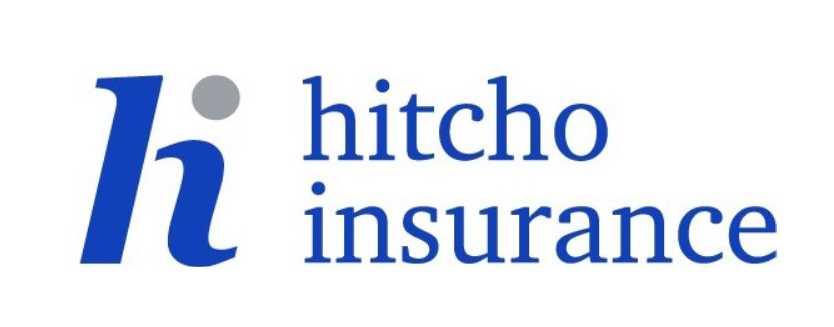The short answer is no. If you’re on Social Security and turning 65 or on SSDI (Social Security Disability Income) due to a disability and have received income for 24 months, you will automatically receive your Medicare Part A and Medicare Part B card in the mail. If you’re not on SSI three months before your 65th birthday, you can apply on your own for Medicare Parts A & B directly with the Social Security Office.
Even though you might not need a broker to enroll in Medicare, there are many good reasons to use a broker for your Medicare Supplement.
What you need to know
Did you know that Medicare Parts A and B do not cover 100% of your hospital and doctor deductibles and coinsurance? Did you know that Medicare Parts A and B do not cover prescription drugs that you get at a pharmacy or in the mail? You will want to consider getting some additional coverage in the form of a Medicare Supplement Plan, a Medicare Advantage Plan, or a standalone Medicare Prescription Drug plan.
You can educate yourself and enroll in plans without the help of a broker. To make the best decisions, you will need to learn:
- Basic insurance terminology, such as deductibles, coinsurance, copayments, out of pocket maximum, indemnity policies, and networks such as HMO and PPO
- What Medicare Parts A, B, C, and D cover
- The difference between a Medicare Supplement Plan and a Medicare Advantage plan
- Which plan offers the best rates for your prescription drugs
Publications such as the “Medicare & You Handbook” or “Choosing a Medigap Policy” guide can provide you with some of the resources you need to start researching and selecting a Medicare plan. You can also use the Medicare website www.medicare.gov to find more detailed information about plans available in your area. You can also find the best Prescription Drug Plan by using that same website. You will need to enter your prescription drugs into that system and then run your own drug report. In some states, you can find up to 75 different options.
How to choose a broker
As you can see, there’s a large amount of Medicare knowledge that you should have to help you select the best insurance plan that suits your needs, finances, and personality.
While you technically don’t need an insurance broker, it might be more helpful and cost-effective for you to have one. Here are three qualifications for a good Medicare insurance broker and how those can help you:
- The insurance broker should be someone who works with Medicare Supplements, Medicare Advantage Plans, and Standalone Prescription Drug Plans offered by most of the major insurance carriers in your area. The broker should help you determine what coverage you need based on what prescription drugs you take and what doctors you see, as well as the ability to help you prioritize your goals. For example, you might prefer paying copayments to your doctor because you want to include extra benefits like dental coverage. If your goal is to travel, you might not want to worry about copayments or receiving bills from a doctor. You might want to make sure you can get healthcare coverage anywhere in the country rather than coverage just in the area where you live. Everyone has different lifestyles and different goals. Working with someone who specializes in Medicare insurance could benefit you. You could save money or maximize your benefits by selecting the best plan for you. Working with a good Medicare insurance broker can help educate you on Medicare options, help you define your priorities, and then help you select the best plan for you.
- The insurance broker should not charge a fee for any of the services offered. In addition to that, your insurance premiums will be the same, whether you do or do not use a broker. The insurance companies rely on the brokers to help educate, explain, endorse, and enroll their clients into Medicare plans. The insurance companies reimburse the brokers directly. Plans like Part D Prescription Drug Plans and Part C Medicare Advantage Plans all pay the same commissions to the broker, so the broker does not get paid more to endorse one company or one plan over another. Working with a good Medicare broker will not cost you any additional money.
- The insurance broker must get recertified yearly with all their insurance carriers. This is often up to 50-100 hours of extra training and testing each year to stay up to date on Medicare Insurance. This means that your broker has a wealth of knowledge now and will also have knowledge of future changes. You can contact your broker at any time with any questions. If your medical or financial situation changes, a broker will be able to walk you through finding any extra benefits that might be available to you based on your income and letting you know when you can make changes based on all the different enrollment periods. Most people think there’s only one enrollment period to change plans, usually from October through December, effective for the next calendar year. There are many more opportunities to make changes even during the current year, depending on the type of plan you have. Working with a good Medicare broker will help you today and in the future.
Have questions?
At Hitcho Insurance, we work with you to find the best Medicare policy that suits your needs, your goals, and your finances. Give us a call today at (610) 694-9435 and receive a free consultation.





